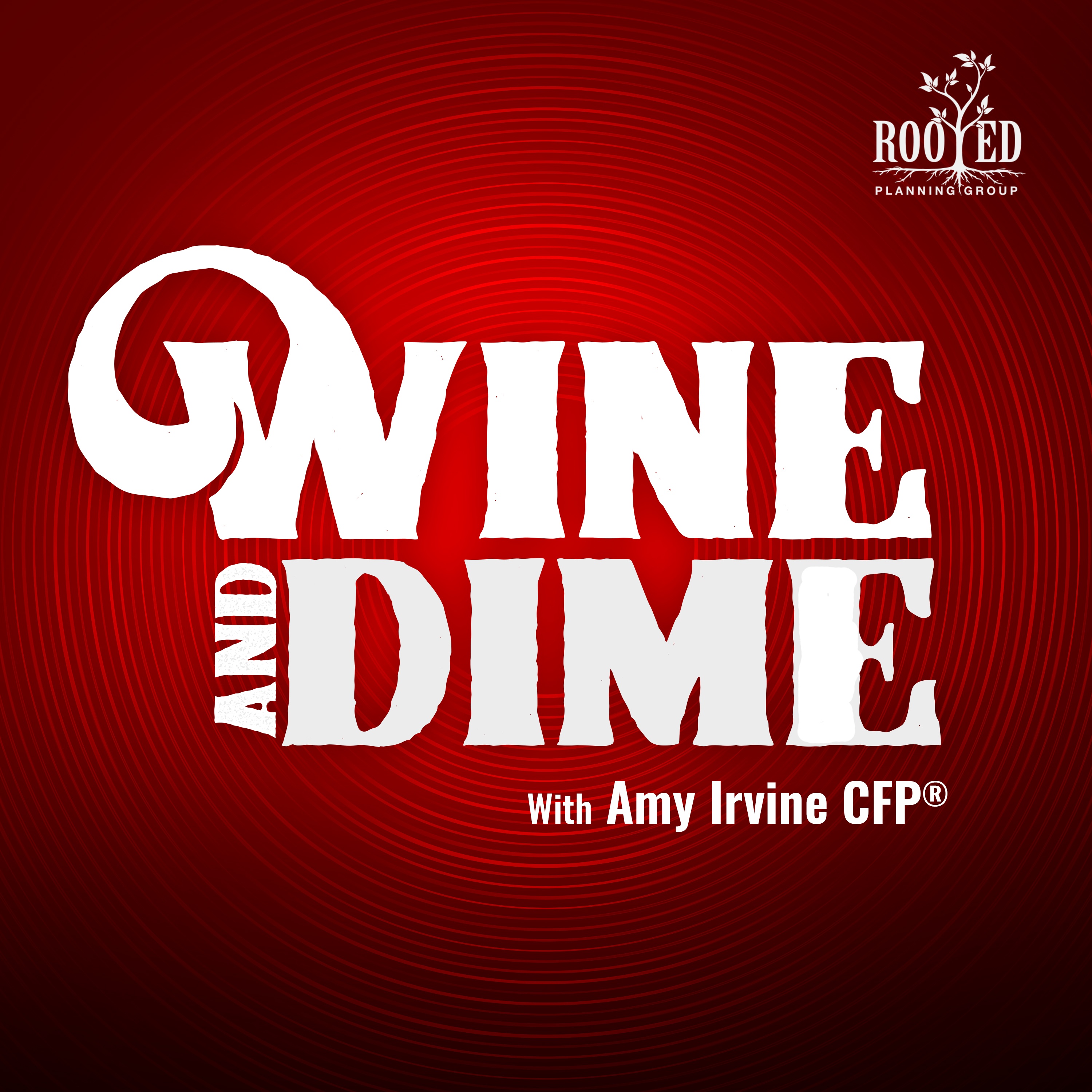Estate Planning: Why It's Essential and How to Get Started - Part 1 of a Comprehensive Series
Hey there! Welcome to this episode of Wine and Dime, where I am going to introduce you to a new series on estate planning. Trust me, it's going to be a blast!So, let's dive right in! Estate planning is an important process that involves making some major decisions. And, if you're wondering why you need an estate plan, let me tell you, there are three basic reasons - privacy, protection of loved ones, and peace of mind.Now, let's talk about the five components of estate planning. First up, we have a will, which is a legal document that outlines your wishes for your assets after you pass away. Then, we have a healthcare proxy, which is a document that designates someone to make medical decisions for you if you're unable to do so. Next, we have a HIPAA release, which allows your designated person to access your medical records. After that, we have a power of attorney, which gives someone the authority to make financial decisions on your behalf. And last but not least, we have naming guardians for any minor children.It's important to do an annual review of your estate planning documents and pick primary and contingent guardians. Trust me, it's better to be safe than sorry. So, let's get started on this exciting journey of estate planning together!Remember, just like a good bottle of wine, the Wine and Dime Podcast gets better with time. So don't forget to rate and subscribe to our show, where we blend the flavors of wine and personal finance to help you achieve financial freedom! If you have any questions that you would like answered on the show, feel free to email us at info@rootedpg.comOr visit us at www.rootedpg.com/podcasts for full show notes and links!Shout Out to the Winery of the WeekLiving RootsAmy gives a shout out to our sponsor, Living Roots. This unique winery boasts wines from Australia and Rochester, New York. If you're a wine enthusiast, you might want to check them out!<br/>Estate Planning ExplainedAmy defines estate planning as legal planning that helps you control who inherits your assets and who can make medical and financial decisions on your behalf. She emphasizes that her goal is to educate, not provide specific legal advice.<br/>Why is Estate Planning Necessary?Amy discusses three reasons why estate planning is crucial:Control: Having an estate plan lets you decide who inherits your assets and makes important decisions for you.Peace of Mind: By determining the distribution of your assets in advance, you reduce potential conflicts after your death.Privacy: Proper planning ensures that your wishes are respected and your loved ones' privacy is protected.<br/>Key Components of an Estate PlanBeneficiary Designations: Deciding who will inherit your assets.Method of Distribution: Establishing how and when your beneficiaries will receive their inheritance.Trustees, Executors, and Powers of Attorney: Choosing the people who will make financial decisions for you if you're unable to do so.Health Care Proxies: Appointing someone to make healthcare decisions on your behalf.Guardians: If you have minor children, deciding who will care for them in your absence.<br/>Wills vs TrustsAmy explains the differences between a will and a trust. While both documents allow you to control who gets your assets, trusts offer more control and privacy.<br/>Remember to review your estate plan regularly and ensure that your designated executors, proxies, and guardians are aware of their responsibilities.Stay tuned for our upcoming episodes, where we'll delve deeper into different types of trusts, beneficiary designations, and e

